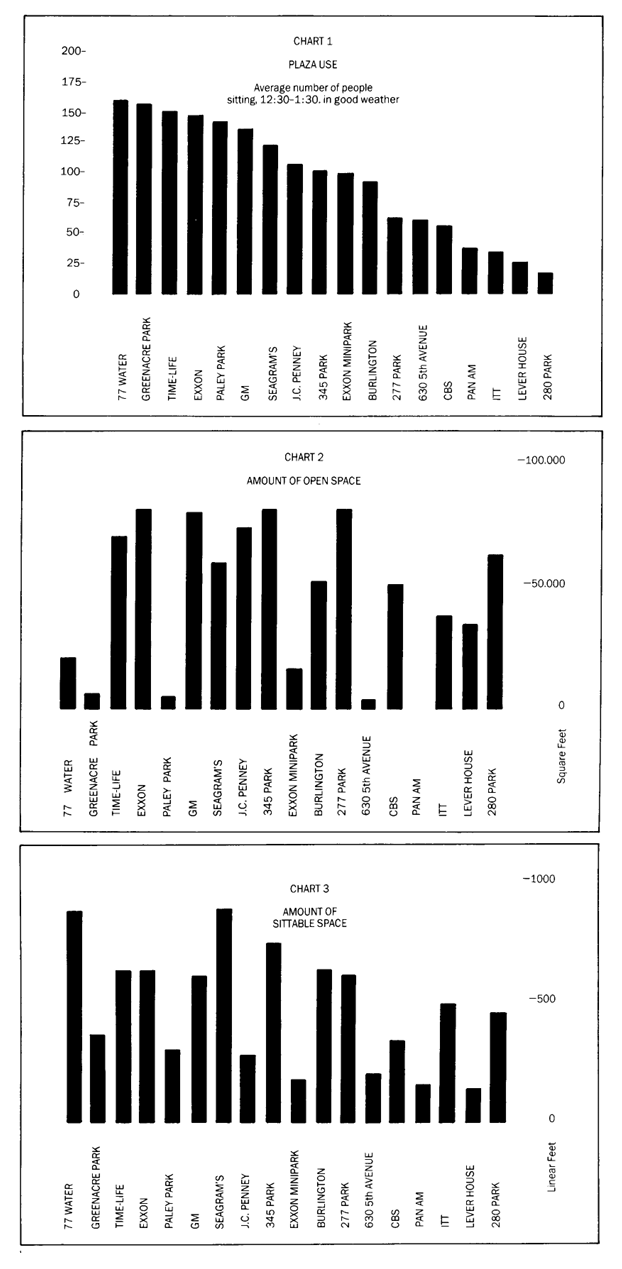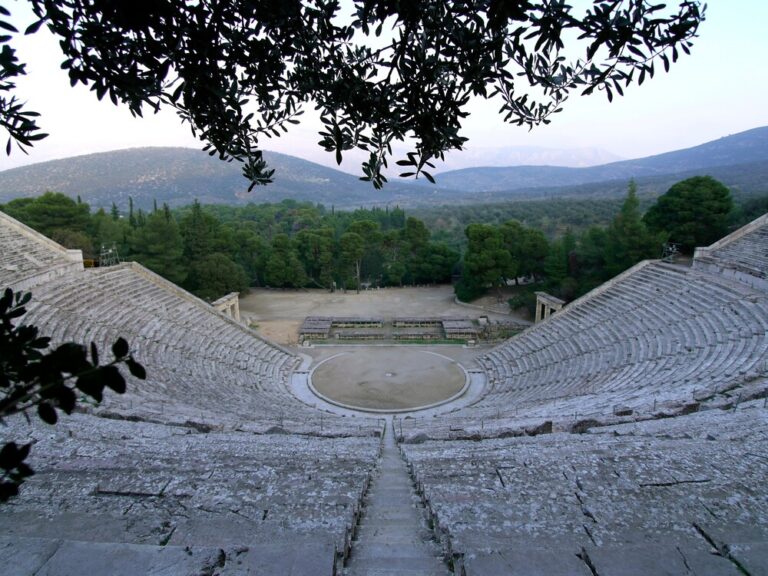Spiritual Environment Brings People Health and Happiness
Does health really matter in our daily lives?
Yihan He (Jason)
Author’s Introduction
From Tim Townshend’s lecture on the 6th of October, we will generally acquire some effective knowledge that the environment should keep healthy for people’s daily use because a part of the group requires some degree of health care. They are the weak group that we need to give some reasonable assistance which is not only the economy but also the infrastructures in society. It will be involved with people’s happiness.
Origin Of the Health
Tom talked about when we live in a contemporary era, it is inevitable for everyone to face a common problem: lifestyle diseases. It is connected to a keyword: Health when WHO(1948) defined it as “a state of complete physical, mental, and social well-being.” It means health is related to city development which is essential for a sociology evolution, even connecting with the environment, architecture, street, and a little bench in the public space like a plaza.

William H. Whyte in City Reder 5th: The City Reader – University of Newcastle (ncl.ac.uk).
In ancient Greece, people will build Epidaurus for defining “health”. From our perspective it could be a theater or an arena, however, it was a therapy place and many amounts of people would take a long journey to come to this holy place for seeking to bless if there is a child or somebody got sick. Because of the falling medical scientific technology, this could be the only method, plus using simple and coarse herbs. Thus, people have an initial concept.

Copyright by unecso, World Heritage Convention:Sanctuary of Asklepios at Epidaurus – Gallery – UNESCO World Heritage Centre
Confronted Challenge And Solution
As technology gradually upgraded and improved in the long river of history, we came to an industrial era which means we got a suitable and well-qualified life in the economy.However, there is a serious drawback exposed: healthy disease. I think it could affect people’s spiritual state because people do not pursue not only the material level. There are several maladies we need to discover and solve.
First of all, environmental quality decides people’s healthy lifetime. If you expect a healthier life without disability, you need to live in a developed, slow-paced, and green environment. It is more like a retired life when people have nothing to do, just relaxing for themselves. The next point is the city’s perfection in infrastructure and other urban construction. Healthy homes, green infrastructure, active travel, food environment, and shopping mall, each part should be connected closely and interacted together so that they can achieve multiplied positive results. What’s more, the developing industry leads to several fields of pollution which can destroy the earth, and even worse, it could damage our health issues, including our lifetime. There is air pollution, water pollution, reduced physical activities, etc. As a result, we need to slow down the industrialization process. It is also slowing down our rhythm of life. About last week’s reading, I read Jan Gehl’s article in City Reader 5th, P530-P539, as he said, we need to increase our outdoor activities time and choose the favorite type that we can. So returning to life is important.
On the other hand, the government should pay attention to the city’s development and control the evolutive regulation. For this point, I believe Europe is a good example which means they have a great emphasis on historical prevention and heritage. For example, in Paris, the old town will not be allowed to build new construction which means it is forbidden. Consequently, people in Paris have a healthier and more well-being life. I hope that more and more cities can build integrated and healthy urban modes soon.


